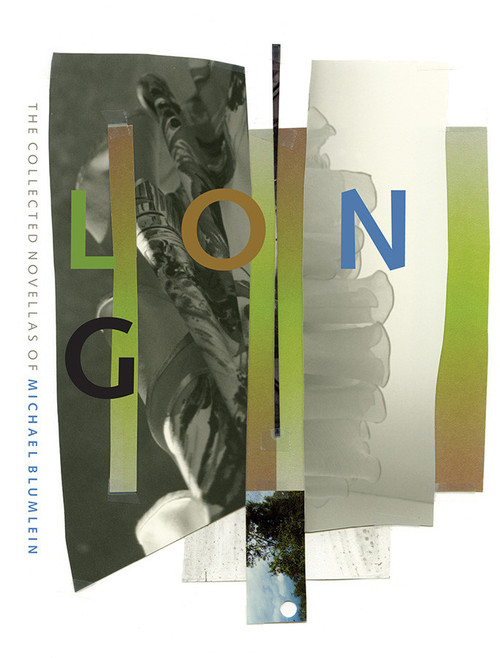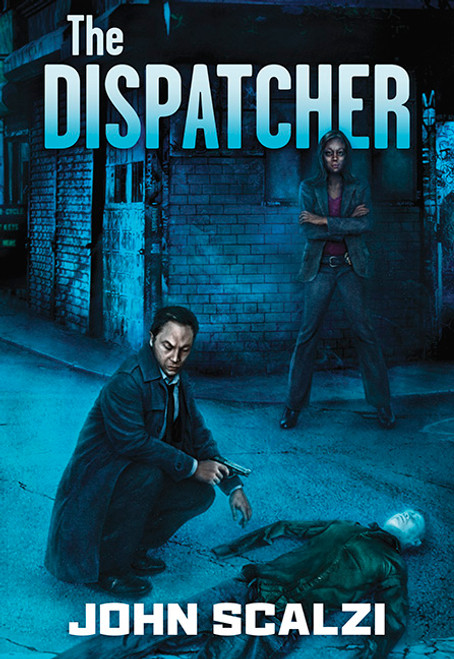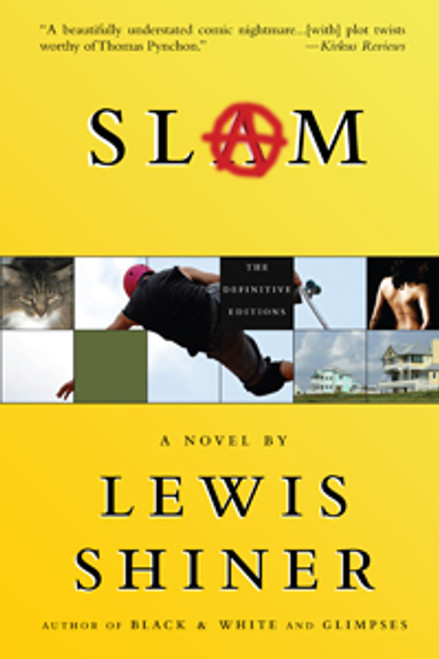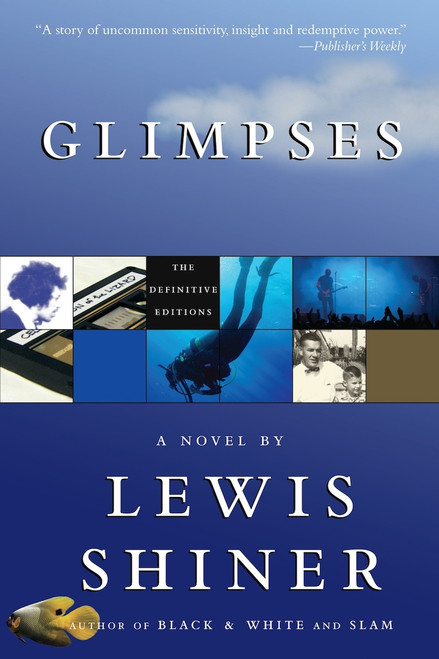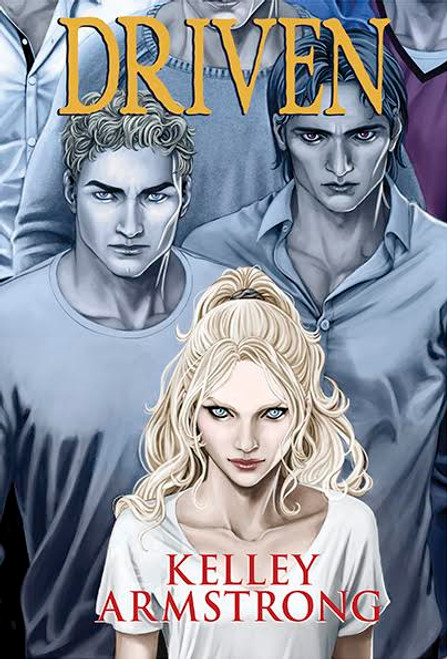Cover illustration by Tran Nguyen.
Ru is a boy from nowhere. Though he lives somewhere—the city of Calcutta—his classmates in school remind him he doesn’t look like them, and must come from somewhere else. When Ru asks his parents, they tell him they are descended from nomads. But even nomads must come from somewhere. The question, forever on the mind of the boy from nowhere, is where.
Ru dreams things that wouldn’t seem out of place in the fantasy novels his father read to him when young. Fragments of a culture that doesn’t exist in this world, but might in another, where sky and sea are one, and humans sail this eternal ocean on the backs of divine beasts.
Ru dreams of dragons, of serpents impossible. Perhaps Ru remembers dragons.
Alone in a city that’s home but doesn’t feel like it, Ru befriends Alice, his neighbor from the nearby Chinatown. As they grow with their friendship, Ru finds that Calcutta may yet be a home for him. But with his best friend starting to realize that Ru’s house and family hide a myriad of secrets, the question haunts him still—where is his family from? Are they truly from nowhere, migrants to this reality? And if so, what strange wings brought them across the vast reaches of impossibility to here—and what is their purpose?
From Locus Magazine:
“Indra Das’s The Last Dragoners of Bowbazar is a gorgeously written novella which is part coming-of-age tale, part love letter to fantasy, part family mystery, and part elegantly understated fable of identity… It’s also a fine example of what novellas do best: invoking the magic, but keeping a clear focus on the story while leaving a fair amount of the detail up to us.”
From Archita Mittra in Locus:
“Speaking of the sublime, Indra Das’s exquisite novella, The Last Dragoners of Bowbazar, set in my hometown of Calcutta, effortlessly weaves magic and myth into the mundane, in a heartbreakingly beautiful tale about belonging, memory, identity, queerness, and of course, dragons.”
From Seize the Press:
“Some writers are unmistakably haunted, aware that their haunting must be negotiated and written, and Das puts these to the test with a Borghesian sensibility, embracing the inauthentic and ambiguous.”
From the Middle Shelf:
“We read about the ordinary one who doesn't go on an adventure and never quite know what happened…Because of this, there's a pervasive and beautiful melancholy infusing every page, the promise of a truth that you never quite grasp and eludes you, shining ahead.”
From Runalong the Shelves:
“This is a beautiful flowing read. The adult Ru is looking back at his life with an adult’s perspective so while we have a young central character, the themes are very much looking back and reflecting on growing up. It creates a tale I suspect many fantasy fans will connect with and on top of that Das brings such intricate use of language making a flowing colourful tale that soars and swoops with emotion just as much as the dragons we glimpse through Ru’s dreamlike encounters with them.”
From Carol Ryles:
“Rich and poignant prose, along with a wonderfully slow burn about queerness, difference, growing up, falling in love, and the yearning for a reality that is more complex than it seems.”
From Bookish Brews:
“From the streets of Calcutta to realities beyond, The Last Dragoners of Bowbazar haunts you as you read it, transportive and grounding at once. Indra Das’ writing is impossibly beautiful. It makes me want to believe the impossible, to touch reality, and to trust in his imagination.”
From KJ Charles:
“[The Last Dragoners of Bowbazar is] unclassifiable and lovely and queer and entirely absorbing.”
The Last Dragoners of Bowbazar
(excerpt)
I have a memory of my grandmother showing me the strange flowers of a tree quite unlike anything I’d known to be real. We were standing in a garden—a cloak of chill mist thrown over it and embroidered in the gold of the dawn sun. The tree—or bush—was quite small, low to the ground, and looked like it was dying in an autumnal wilt, its thin, curling branches bare except for desiccated brown seed pods that hung heavy in the hazy air. My grandmother gestured for me to come closer, to see how the trunk and branches were covered in a fine fur. In her soiled hand, unwrinkled by the later toll of time, she took one of the dried brown seed pods—or flowers, or fruit—hanging above me and gently lowered it so I could see.
It wasn’t a seed pod at all. With practiced care she nudged open the curled, broad leaves, unwrapping it to reveal what was inside.
The broad petals of the pod were the brown wings of a creature that fit gently in the pink cradle of my grandmother’s palm like a bat. Its tail was the thin stem that connected it to the branches of the tree. And curled inside the embrace of its own wings was the contracted body of the beast, its six limbs clutched to its torso in insectile fragility, its sharp and thorny head like a flower’s pistil, the curled neck covered in a dew-dusted mane of white fur like the delicate filaments of a dandelion seed. The gems of its eyes were left to my imagination, because they were closed in whatever deep sleep it was in.
“It’s a dragon,” I said, to encase the moment in the amber of reality.
“Yes, it is,” said my grandmother with a proud smile. Whether this was pride at me or the little dragon whose papery brown wings she was touching, or both, I can’t say. “Here, we call it the winged rose of Bengal.”
It was the most beautiful thing I’d seen in my life. I remember the immensity of the happiness I felt, looking at this flower-like fetus of a dragon growing off a tree tended to by my grandmother, knowing that dragons were actually real and grew on trees, wondering if people knew.
I couldn’t really believe it, which is why the memory became a dream. I convinced myself it wasn’t a true memory, because dragons don’t exist.
Why didn’t I ask my grandmother later? My family? I did, of course, and they said: “Dragons aren’t real, you had a dream.” If the dragon tree was a real thing, and my family had the privilege of caring for such a marvel, why would they only show it to me once, when I was young, just old enough to know about dragons from books and cartoons and movies on pirated VHS tapes?
Dragons aren’t real. I told myself I’d made them real in this dream because my father had written about them in his short career as an author (I was too young to read his novel The Dragoner’s Daughter at the time, but he’d still read me a few passages), and because I had read his time-yellowed copy of Tolkien’s The Hobbit many times and imagined Smaug in the sky-stretched shadows of monsoon clouds. The dragons I saw hanging from those trees were nothing like what I had imagined, though.
I know now that forgetting and remembering was a cycle I have relived many times, a snake eating its tail.
- authors_list:
- Indra Das
- artists_list:
- Tran Nguyen
- badge:
- eBook Edition
- ISBN:
- 978-1-64524-088-4





